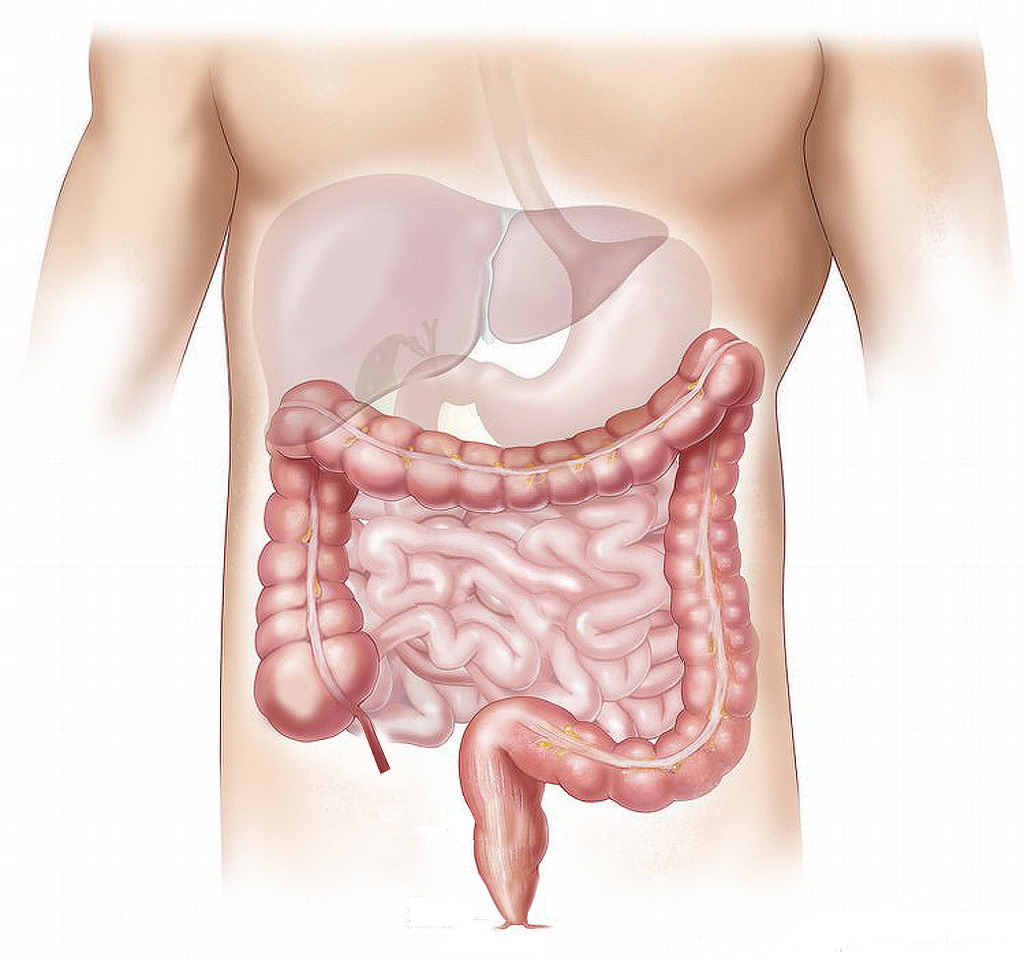A toxic colon is a condition which develops when the large intestine or colon becomes overloaded with harmful toxins and waste matter. The colon is responsible for eliminating waste and toxins from the body, but when it becomes overloaded, it can lead to a range of health problems.

Several Factors that Can Contribute to a Toxic Colon:
There are several factors that contribute to the development of a toxic colon. One of the main causes is a diet high in processed foods, refined sugars, and unhealthy fats. These foods are difficult for the body to digest and can lead to a buildup of waste matter in the colon. Additionally, a lack of fiber in the diet can contribute to constipation, which can further exacerbate the problem.
Another factor that can contribute to a toxic colon is a sedentary lifestyle. When we are not active, our digestive system can become sluggish, leading to a buildup of waste matter in the colon. Regular exercise can help to keep the digestive system functioning properly and prevent the accumulation of toxins in the colon.
Stress is also a significant contributor to the development of a toxic colon. When we are stressed, our body produces hormones that can interfere with the digestive process, leading to constipation and a buildup of toxins in the colon. Additionally, stress can lead to poor dietary choices and a lack of exercise, further exacerbating the problem.
Other factors that can contribute to a toxic colon include medication use, environmental toxins, and chronic health conditions such as inflammatory bowel disease. It is important to be aware of these factors and take steps to prevent the accumulation of toxins in the colon.
Maintain a Healthy Diet
To prevent the development of a toxic colon, it is important to maintain a healthy diet that is rich in fiber and nutrients. Regular exercise and stress management techniques such as yoga and meditation can also help to keep the digestive system functioning properly. Additionally, it is important to stay hydrated and avoid the use of medications that can interfere with the digestive process. By taking these steps, we can help to prevent the development of a toxic colon and maintain optimal health and wellbeing.
